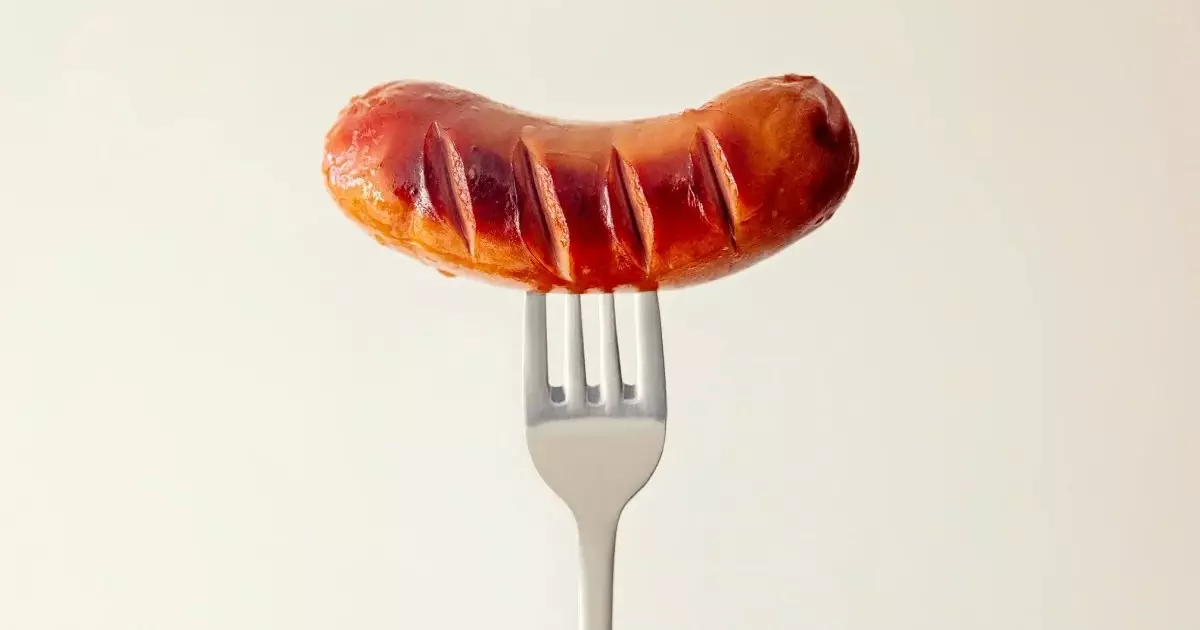While many dog owners may not think twice about tossing a piece of sausage to their furry friends, it’s crucial to understand that this seemingly harmless treat can be detrimental to a dog’s health. Sausages are often laden with fat and sodium, which can wreak havoc on a dog’s system. Dogs are not designed to process high-fat foods like humans can; hence, indulging in sausage can lead to obesity and related health disorders. What’s more, significant fat intake can incite pancreatitis, a painful and potentially life-threatening condition that involves inflammation of the pancreas.
Toxic Ingredients to Avoid
Beyond the high-fat content, many sausages contain ingredients that are outright toxic to dogs. Garlic and onion powder, frequently found in commercial sausage varieties, are well-known for their harmful effects on canine health. These ingredients can lead to severe gastrointestinal distress and even more alarming consequences, such as hemolytic anemia. This insight begs the question: why would any caring dog owner risk their pet’s well-being for a morsel of sausage? It seems counterintuitive to offer food items that come with cautionary labels, yet many aren’t aware of the severe ramifications.
Health Risks Associated with Sodium
Let’s turn our attention to sodium, another harmful component of most sausages. High sodium intake can potentially lead to heart disease and high blood pressure in dogs. In extreme cases, it may even result in salt poisoning, a condition characterized by excessive thirst, vomiting, and diarrhea. If your dog consumes an excessive amount of sausage, the signs of discomfort and distress might be evident, leading you to panic. However, it’s crucial to stay calm and observant. Monitoring your pet for symptoms is essential, and seeking veterinary help when necessary can be life-saving.
Better Alternatives to Treating Your Dog
Instead of reaching for the sausage, consider healthier treat alternatives that won’t jeopardize your dog’s health. A small piece of boiled chicken, carrot sticks, or even specially formulated dog treats can satisfy your canine’s craving for something savory without the risks associated with sausages. Opting for pet-safe options not only promotes physical well-being but also shows a commitment to providing a wholesome diet for your beloved companion.
When to Seek Veterinary Help
In the unfortunate event that your dog does get into a stash of sausages, consult your veterinarian to discuss symptoms and the amount consumed. After all, a well-informed owner can take appropriate action quickly, enhancing the odds of a swift, uncomplicated recovery. Are you truly willing to gamble with your dog’s health for the fleeting joy of sharing a processed snack? The responsibility lies with you to know the safe boundaries of canine cuisine. Always err on the side of caution when it comes to your pet’s diet; it is an investment in their long-term health and happiness.

